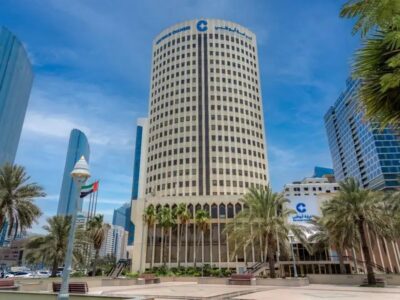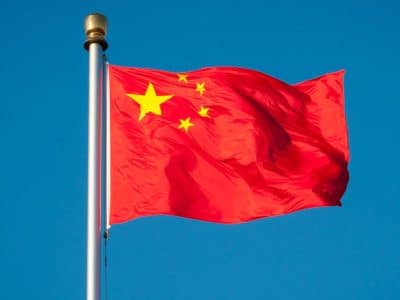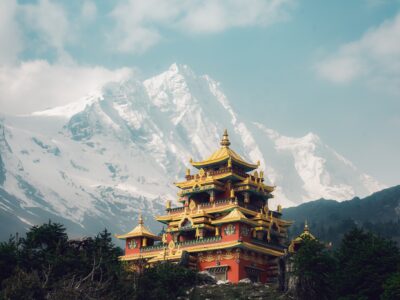Gulf oil producers are unlikely to heed Iran’s warning.
Tehran cautions of unpredictable consequences if Gulf producers increase
production to replace its embargoed oil. But Saudi Arabia and its allies have
strong incentives to fill any sanctions-supply gap. Sunni-ruled Arab states
stand to gain in the regional power struggle for political and economic
superiority if their shi’ite neighbour is weakened.
Western sanctions will hurt Iran’s economy, forcing Tehran
to sell crude at a discount to Asian buyers. Their impact on global oil markets
is less clear. If Iran can’t export its usual 2.5 million barrels per day, a
key issue is whether Gulf producers – led by Saudi Arabia, which holds most of
OPEC’s estimated 3.2 million barrels per day of spare capacity – will pump
enough to offset any shortage.
Riyadh doesn’t want over supplied markets. But by pumping
more in the event of a shortfall, Gulf allies could benefit from the current
high prices at the start of a year where a slowdown in global growth could hurt
oil revenues. Keeping markets well-supplied will also please the United States,
which the Gulf depends on for its security, and soothe Asian buyers that
provide its growth engine.
Sanctions provide Gulf producers a rare opportunity to take
a bite out of Iran’s influence. Their rulers fears the rise of shi’ite power,
as illustrated by the harsh recent crackdown in Bahrain. And a nuclear-armed
Iran would permanently alter the balance of power in the region. So the Gulf’s
indirect support of sanctions against Iran may hamper Tehran’s nuclear progress
and its ability to support shi’ite groups in Lebanon, Iraq and Syria.
Last year’s Arab uprisings reinforced the deep and
long-standing rift between Iran and Saudi Arabia. OPEC’s latest forecasts for
supply and demand suggest crude markets were well-balanced before the latest
sanctions. That provides the Gulf with the cover it needs to raise production
if Iran can’t export. Saudi insists its oil sales are purely commercial. But if
it pumps more oil, few are likely to see it that way.
(The author is a Reuters Breakingviews columnist. The
opinions expressed are her own)








